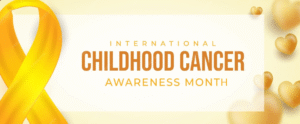Sexually transmitted infections (STIs) are infections that are spread primarily through person-to-person sexual contact. There are more than 30 different sexually transmissible bacteria, viruses and parasites. (WHO)
Several, in particular HIV and syphilis, can also be transmitted from mother to child during pregnancy and childbirth, and through blood products and tissue transfer. (WHO)
High risk sexual behaviours can lead to unplanned pregnancies, transmission of sexually transmitted infections such as gonorrhoea, chlamydia, syphilis, genital herpes and Human Immunodeficiency virus (HIV). Human Papilloma Virus (HPV) is also transmitted sexually this can cause genital warts, and cancers including cancer of the cervix. Hepatitis B virus can also be transmitted via unprotected sex.
More than 1 million people acquire a sexually transmitted infection (STI) every day. Each year, an estimated 500 million people become ill with one of 4 STIs: chlamydia, gonorrhoea, syphilis and trichomoniasis.
More than 530 million people have the virus that causes genital herpes (HSV2). More than 290 million women have a human papillomavirus (HPV) infection. The majority of STIs are present without symptoms. Some STIs can increase the risk of HIV acquisition three-fold or more. STIs can have serious consequences beyond the immediate impact of the infection itself, through mother-to-child transmission of infections and chronic diseases. Drug resistance, especially for gonorrhoea, is a major threat to reducing the impact of STIs worldwide. (WHO)
Avoid high risk sexual behaviours, such as casual sex, and avoid unprotected sex (use a condom). There are condoms for both males and females. Condoms only provide protection when used properly as a barrier and only to and from the area that it covers. Partners should endeavour to know the status of their planned sex partners.










